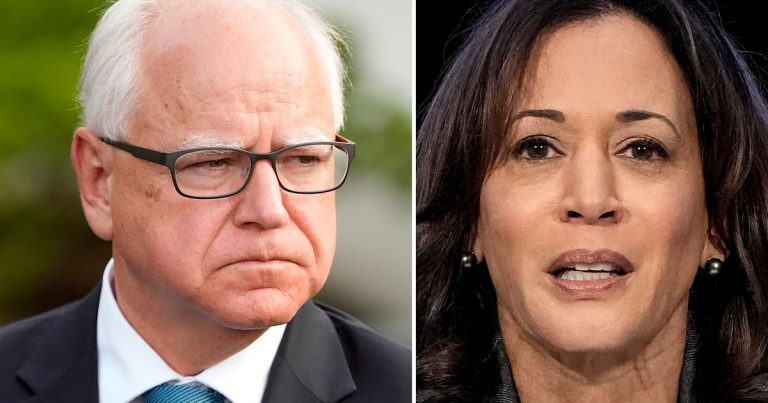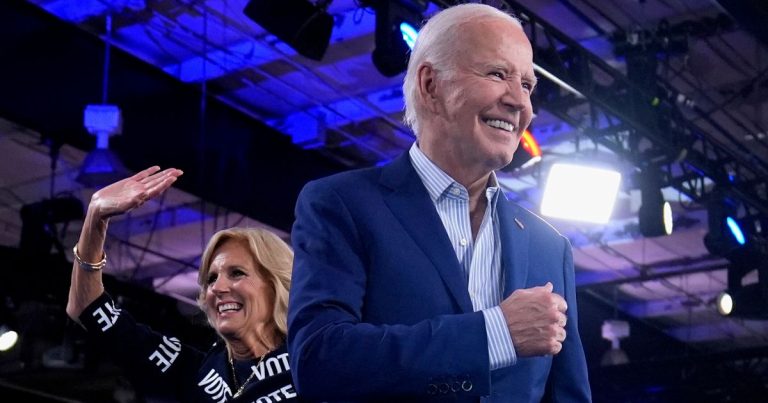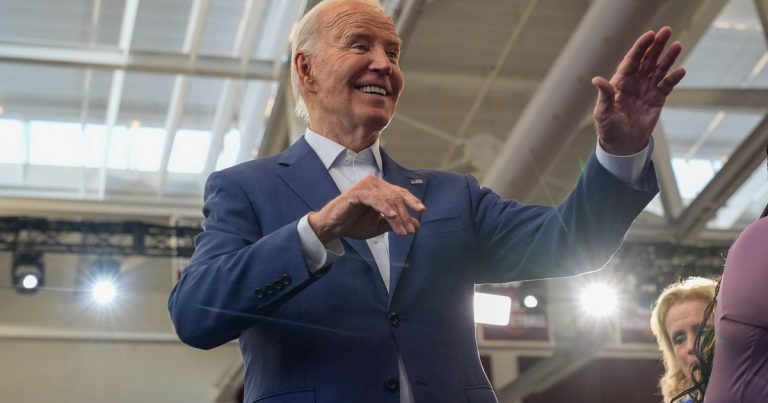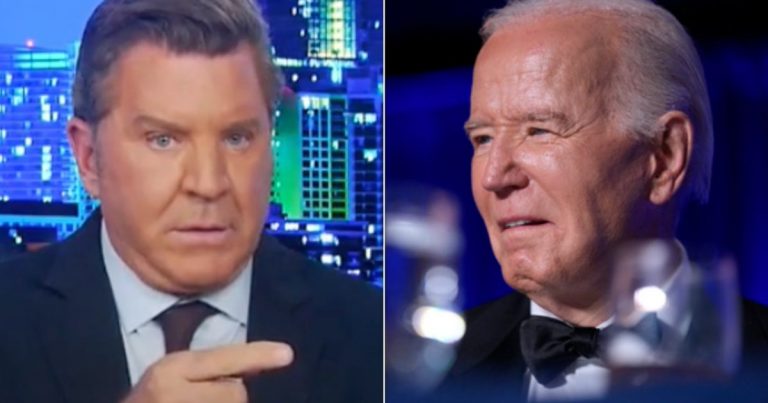Republicans are against Biden’s order about registering voters before the November election.
In recent years, a controversial executive order issued by the Biden administration aimed at bolstering voter registration has sparked intense debate among Republicans and conservative activists. The order, issued in 2021, was designed to streamline the voter registration process and ensure that all eligible citizens have easy access to voting.
However, critics on the right have raised concerns about the constitutionality of the order, with some labeling it as an attempt by Biden to manipulate voter turnout in the upcoming election. Despite these allegations, there is no evidence to suggest that the order favors one political party over another.
White House spokesperson Robyn Patterson has defended the order, stating that the administration is committed to protecting the voting rights of all eligible citizens regardless of their political affiliation. Patterson emphasized that the order was issued in response to baseless claims of widespread election fraud in the 2020 election, which led to increased scrutiny of voting laws across the country.
Let’s take a closer look at what the executive order entails, how federal agencies have been working to comply with it, and the criticisms raised by Republicans.
Intent of the Order
President Biden signed the executive order on March 7, 2021, citing the federal government’s responsibility to ensure that voter registration and voting are accessible to all eligible individuals. The order called for updates to the federal website vote.gov to provide information in multiple languages and directed agencies like the Department of Defense to facilitate voter registration for active-duty military personnel.
Additionally, the Department of Justice was tasked with providing voter education materials to individuals in federal custody to prepare them for their release, including information on voting eligibility and regulations.
Republican Criticisms
Despite the order’s intention to simplify the voter registration process, congressional Republicans have raised objections, claiming that federal agencies are overstepping their mandate by engaging in activities beyond their purview. Concerns were also raised about the use of federal funds to support voter registration efforts.
Former White House official Justin Levitt, who played a key role in implementing the order, clarified that states were already required to provide voter registration information under existing federal law. The provision allowing for the reimbursement of voter registration services under the Supplemental Nutrition Assistance Program was aligned with longstanding guidelines.
In response to mounting criticism, Republicans have requested information from federal agencies on their compliance with the order and have included plans to repeal the executive order in broader election legislation.
State Involvement and Supreme Court Challenge
While federal agencies have not yet published their proposed plans for implementing the order, several states have taken steps to designate voter registration agencies, such as Native American colleges and Veterans Administration offices. Despite these efforts, some state officials have voiced opposition to federal intervention in election administration.
In a notable move, a group of Republican secretaries of state filed a brief with the U.S. Supreme Court challenging the executive order, arguing that it encroaches on states’ rights to oversee elections. The Court has deferred a decision on whether to hear the case, delaying potential arguments until the following year.
Debunking Misconceptions
Opponents of the executive order have likened it to the “Zuckerbucks” controversy, referencing claims of undue influence in the 2020 election. However, experts like David Becker have emphasized that the order is a benign effort to ensure that eligible citizens have access to voter registration services.
Becker noted that the order promotes election integrity by updating voter information and making the registration process more inclusive. He stressed that the order’s primary goal is to facilitate voter participation and enhance the accuracy of voter rolls.
Despite the controversy surrounding the executive order, its supporters maintain that it is a critical step in safeguarding voting rights and promoting democratic engagement. As the debate continues, the true impact of the order on the electoral process remains to be seen.








